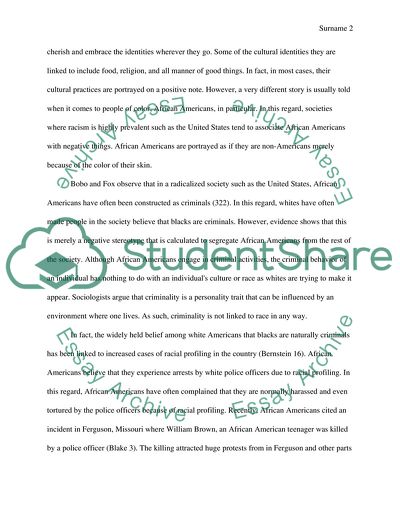Cite this document
(“African American Cultural Practice Research Paper”, n.d.)
Retrieved de https://studentshare.org/anthropology/1662316-african-american-cultural-practice
Retrieved de https://studentshare.org/anthropology/1662316-african-american-cultural-practice
(African American Cultural Practice Research Paper)
https://studentshare.org/anthropology/1662316-african-american-cultural-practice.
https://studentshare.org/anthropology/1662316-african-american-cultural-practice.
“African American Cultural Practice Research Paper”, n.d. https://studentshare.org/anthropology/1662316-african-american-cultural-practice.


